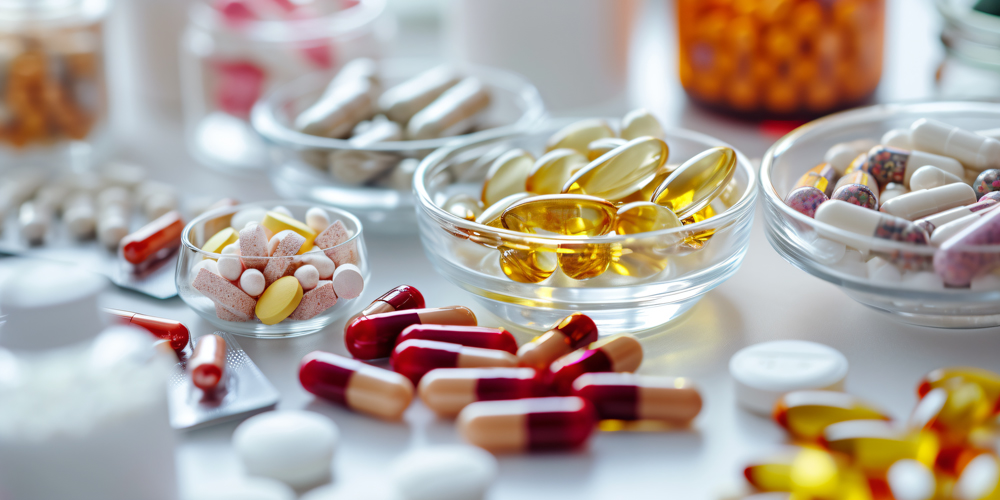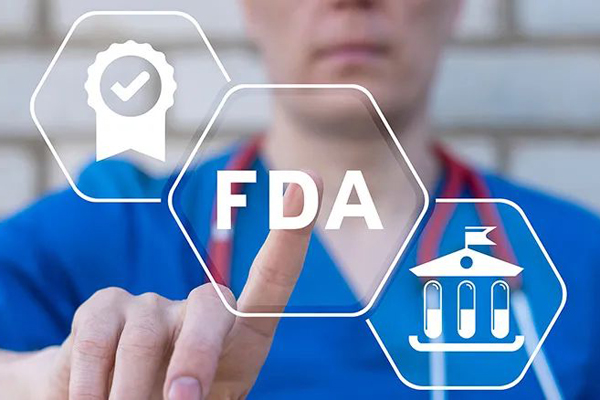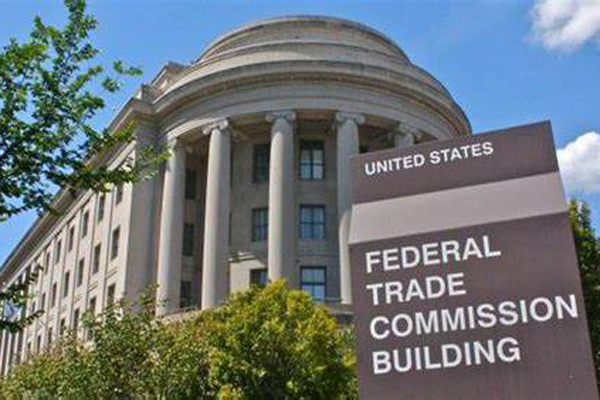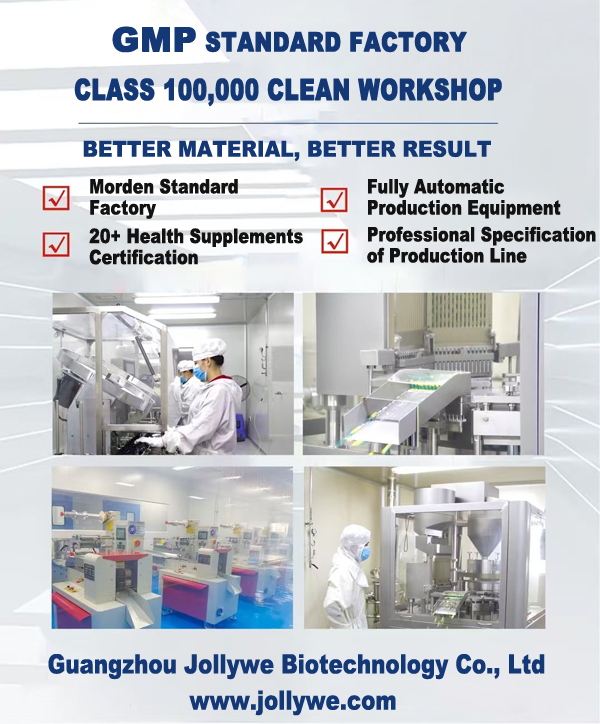
In the huge health products market in the United States, consumers are facing an invisible battle to protect their safety. As the market size soared from $4 billion in 1994 to $42 billion in 2018, this booming industry hides worrying regulatory blind spots
The Dietary Supplement Health and Education Act (DSHEA), passed in 1994, opened a relaxed channel for the health supplement market.
The law gave manufacturers unprecedented autonomy, allowing them to bring products to market without rigorous review by the U.S. Food and Drug Administration (FDA). This regulatory model is essentially a "post-hoc regulation" strategy that shifts the primary responsibility for product safety to manufacturers.

Many recent surveys are shocking, according to reports in The New York Times and The Washington Post. A 2020 investigation by the New York Attorney General's Office showed that up to 80% of plant extract health products do not contain the ingredients claimed on the label. This means that consumers may be purchasing "fake drugs" that are full of unknown risks.
What is more worrying is the source of raw materials. Although most health supplements are produced in the United States, more than 60% of the raw materials come from overseas, with China being the main supplier. However, current regulations do not require detailed labeling of the source of raw materials on product packaging, which creates opportunities for unscrupulous businesses.
In 2023, the U.S. Federal Trade Commission (FTC) and FDA increased enforcement efforts on the health supplement market. They focus on companies that exaggerate the efficacy of their products and mislead consumers. In the past year alone, federal agencies have fined more than 50 supplement companies, totaling more than $50 million.
The most notable cases include:
- A company that claimed its health supplements could treat COVID-19 was fined $1.5 million.
- A well-known vitamin brand was fined $2 million for failing to accurately disclose product ingredients.
- Several online e-commerce platforms selling "magic weight loss" products were ordered to stop false advertising

It is reported that an influential American content creator on social media recently exposed a Chinese company that calls itself a "health product factory" on Instagram. The factory offers free shipping within 7 days worldwide and claims to provide OEM services for well-known brands such as Goli, O Positiv, Sports Research and MilaMiamor. The move quickly attracted the attention of American consumers and regulators. The social media influencer bluntly pointed out: "These Chinese sellers are selling health products that infringe trademarks and copyrights through cross-border dropshipping." He then tagged officials from the U.S. Federal Trade Commission (FTC) and the Department of Health and Human Services in the relevant posts in an attempt to attract official attention, which also prompted many industry insiders in the United States to forward them. Currently, this video of the factory selling fake health products has been widely circulated on social media.
If the FTC intervenes in the investigation later, or if the incident further ferments on social media, more Chinese sellers may be implicated. Chinese companies that were originally doing business well were also accused of bias.
What I want to say is that in the face of the complex and ever-changing international political environment and public opinion ecology, Chinese cross-border e-commerce operators need to focus their efforts and carefully create a positive brand image. If we fail to establish a good reputation in the global market, we will inevitably be in an unfavorable market situation and discriminatory treatment.

As a health product manufacturer, Guangzhou Jollywe Biotechnology Co., Ltd will only be more strict on ensuring product quality under this circumstance, monitoring the entire process from raw materials, production to finished products, to ensure food safety and product quality.
Raw materials are the first hurdle in the birth of high-quality food. Jollywe's product raw material selection is fully guaranteed from many aspects such as ecological environment, scientific picking, grading management, strict testing to ensure the quality of raw materials from the source.
Secondly, the production process is also a key part in ensuring food safety and product quality, and has the most direct impact on product quality. A three-dimensional "guardian tower" for safe production is built from multiple dimensions including advanced equipment, clean factory buildings, strict management, and employee responsibility.
"A workman must first sharpen his tools if he is to do his work well." Production equipment and process technology are important criteria for measuring a manufacturing company. Jollywe's production workshop is in full compliance with GMP standards, with a cleanliness level of over 100,000. It adopts internationally advanced fully automatic equipment and has multiple advanced production lines, with an annual production capacity of 20 billion. Based on intelligent equipment and technology, Jollywe has established a complete set of management systems to ensure the safe and efficient operation of production.
Every step of the staff's operation must comply with the "three-inspection system" that combines self-inspection, mutual inspection and special inspection. The workers in the next process are the quality inspectors of the previous process, and they work together to prevent unqualified products from flowing into the next process. In order to ensure product quality, the finished products coming off the production line need to go through layers of "checkpoints" and undergo very strict food safety assurance system and comprehensive product quality management system inspections. Only after they are fully qualified can they be sent to the market to meet consumers.
As a health supplement company, Jollywe always puts food safety first in all our work, keeping in mind "Better Material, Better Result", and consistently serves as the guardian of food safety to protect the rights of consumers.